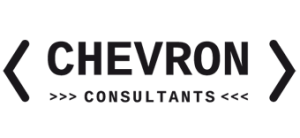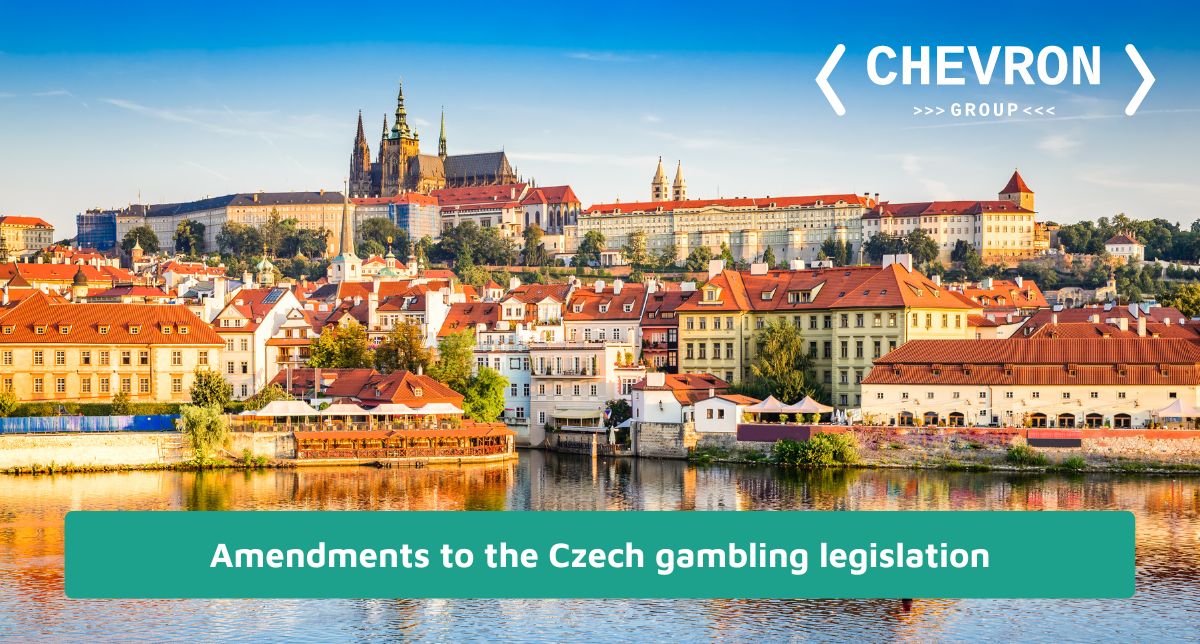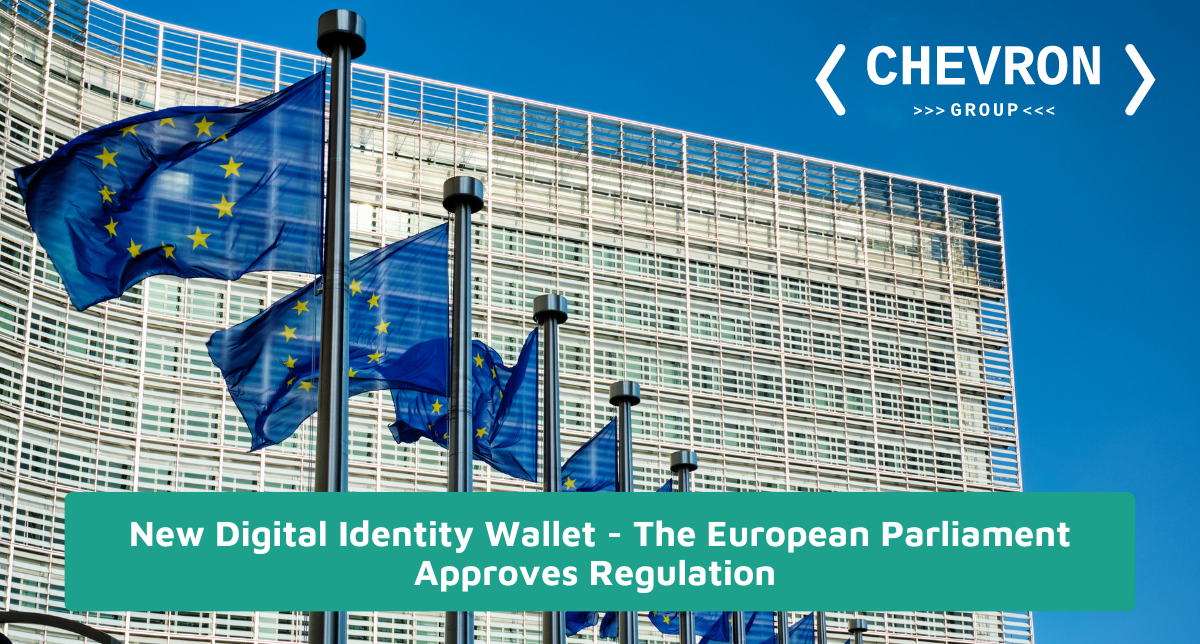As part of the planned consolidation of public finances, the Czech Government has now implemented amendments to the 2017 Gambling Act, the Gambling Tax Act and the Income Tax Act.
The scope of the Gambling Act has been extended. Any gambling game available in the territory of the Czech Republic will be considered to be operated in the territory of the Czech Republic and its operator will thus be required to hold a Czech gambling licence, even if such game will not be in any way aimed or focused on the residents of the Czech Republic.
Furthermore, the current amendment enables licensed online gambling operators to offer their services not only to Czech players but also to foreign players (subject to applicable local regulations), whereas previously this was not possible as online gambling was limited to players resident in the Czech Republic.
Another noteworthy amendment is the possibility for the Ministry to include on a Blacklist not only websites and applications through which unlicensed gambling games are being operated but also websites and applications that have the essential purpose of causing, enabling, facilitating or concealing a violation of the ban on operating unlicensed gambling games.
As for responsible gaming, additional player protection mechanisms have also been introduced, such as:
- “Panic button”: This shall be made available to players, whom, by using it, will be prevented from participating in a game for 48 hours and will trigger the obligation for the operator to offer to the player the possibility to be on a list (Register) of excluded persons.
- “Prohibition of risk bonuses”: The term “risk bonus” covers both introductory bonuses; and any bonuses provided to a player after the operator received from such player a request to cancel the player’s account.
Operations of a “live dealer” casino are permitted but only from a “studio” located in a licensed land-based casino in the Czech Republic. Nevertheless, several licensed operators will be able to operate from the same “studio” at once.
The licensing process has been simplified. It now consists of two separate licensing procedures – an “initial license” and a “basic license for a specific type of game.” Unlike as in the past, operators will now not need to repeatedly prove and document a number of general conditions and requirements when applying for a license to operate an additional type of game.
The maximum duration for which the initial license can be granted is not limited by law. The administrative fee for the basic license application remains at CZK5,000 (approximately €200).
Lastly, sports-betting rates are risen from 23 to 30 percent of gross gambling revenue (GGR), while slots taxes remain at 35 percent of GGR; whereas gamblers in the Czech Republic now need to deal with a new winnings tax, which applies to all gambling winnings above the approximate equivalent of €2,000 ($2,100). A transitional period running until July 1 next year will give the industry time to adapt.
Want to know more about where the EU’s gambling legislation is heading? Speak to Lawrence Marchese (lawrence@chevron.group), Kurt Laferla (kurt@chevron.group) and Thees Buschmann (thees@chevron.group) from Chevron Group.





